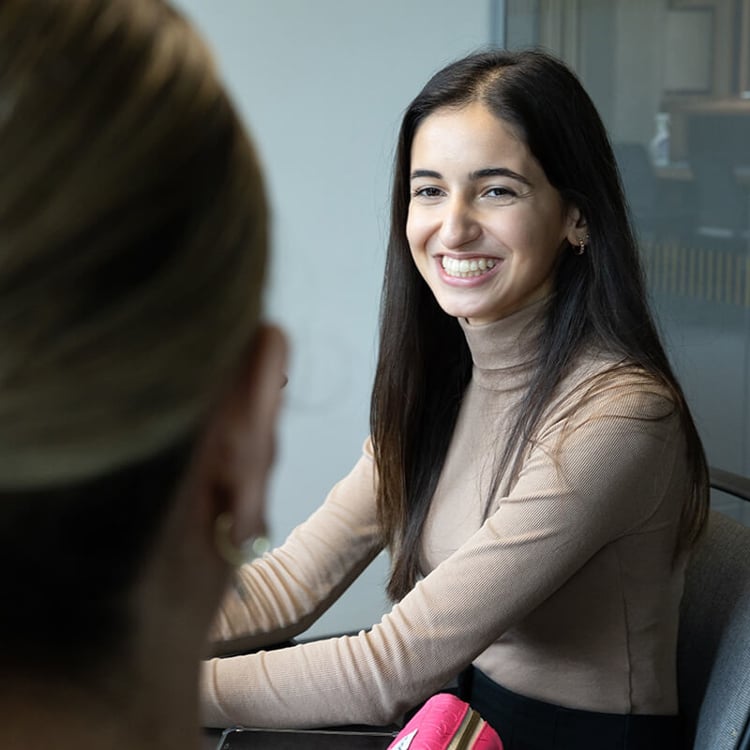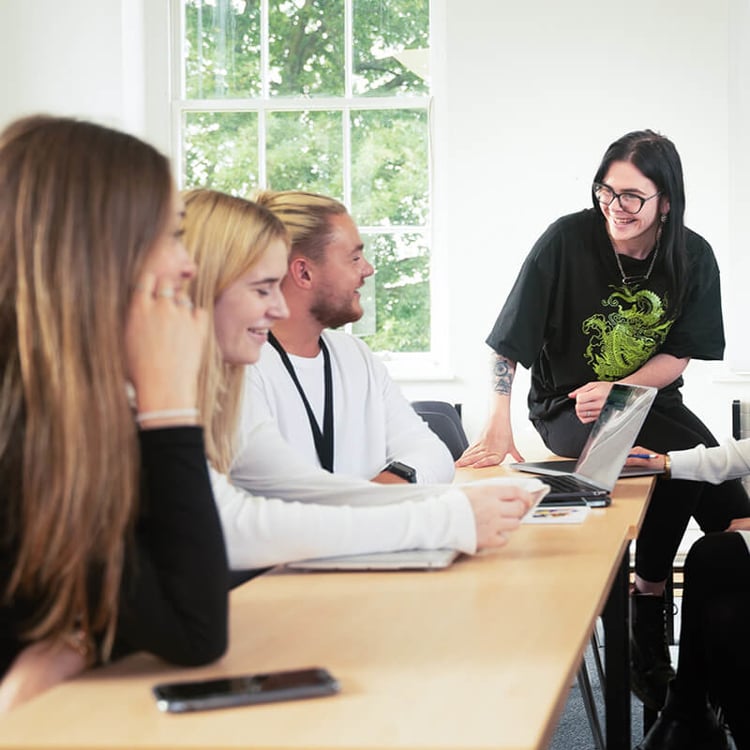/ Postgraduate Taught /
Start date:
September 2025
Duration:
3 years (part-time)
Number of credits:
240
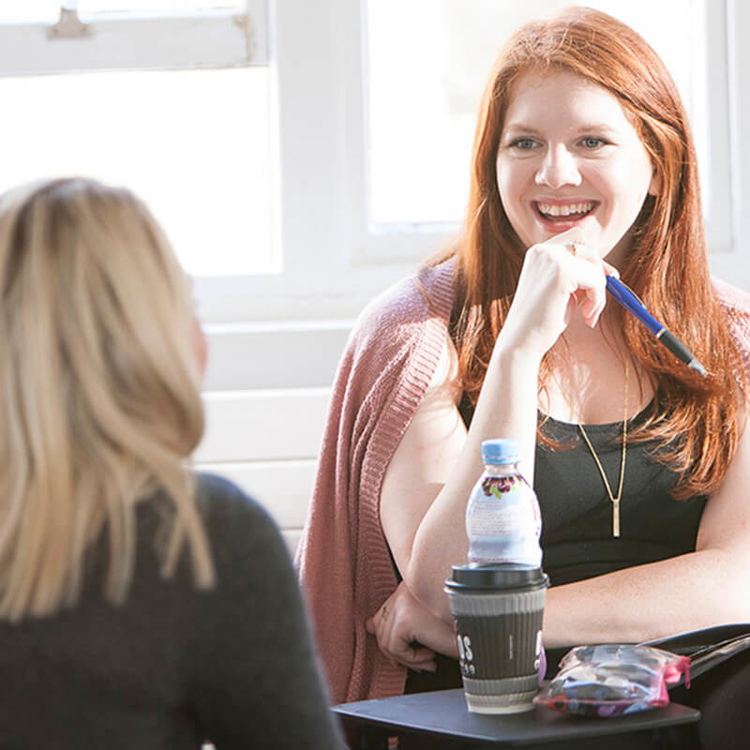
Postgraduate, Master's and Doctoral On Campus Open Day
Saturday 10 May 2025
Train in counselling and psychotherapy and become eligible for individual practitioner registration with the British Association for Counselling and Psychotherapy.
Did you know?
Our approach incorporates aspects of theory and practice from three main therapeutic traditions; person-centred, cognitive and psychodynamic.
Modules
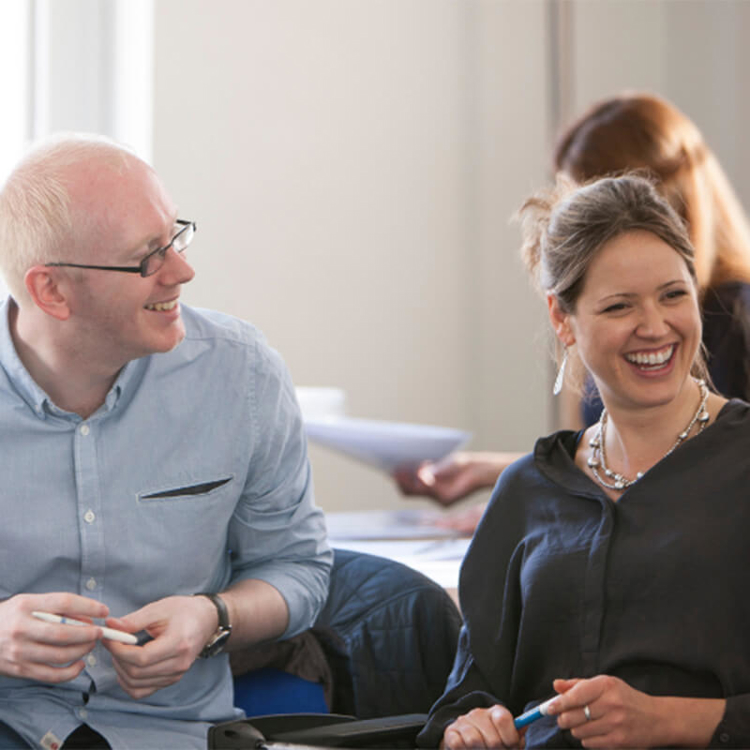
Your curriculum
The programme, accredited by the BACP, is based on an integrative relational approach to counselling and psychotherapy, which has been developed over many years by our cutting-edge teaching team.
Our integrative approach, at the forefront of counselling and psychotherapy theory, practice and research, incorporates aspects from three main therapeutic traditions; person-centred, cognitive and psychodynamic.
You will be encouraged to explore psychological processes and experiences from these different perspectives, and recognise the theoretical, personal and cultural assumptions which influence your work.
The course emphasises the central importance of the therapeutic relationship. Therefore, as well as developing cognitive and reflective skills, you will also learn practical ways of working with your clients in a therapeutic relationship to address conscious and unconscious needs and produce a change in emotional and cognitive processes and behaviour.
Central to developing your therapeutic skills is a sustained effort of attunement to the client as well as openness to and awareness of their and your internal processes. This involves integrating complex and advanced skills, and responding creatively to complex, novel and unpredictable situations.
As well as having a theoretical understanding of these processes, from the first year you will have modules allowing you the opportunity to practice your counselling skills.
Learning
You’ll be taught through interactive lectures and seminars, experiential skills workshops, small clinical supervision groups, and personal development work.
Our teaching includes life-span developmental theories, therapeutic skills practice in small groups, supervision of client work in small groups, critical analysis of approaches and research into counselling and psychotherapy.
Much of your learning will be a reflection on your experience of skills practiced and the use of demonstration, observation, self, peer and tutor feedback as well as a more traditional academic study.
You will develop a critical understanding of the role of research in the development of the counselling and psychotherapeutic disciplines, and be able to incorporate research knowledge into clinical practice.
You are required to be in personal therapy throughout the course, which will help you to develop a high level of awareness of self and the therapeutic process, to be able to use this constructively in therapeutic encounters. You will be equipped with the necessary skills to work with a wide range of people with a range of psychological issues in a variety of settings.
Later modules in the course will familiarise you with a variety of forms of psychological assessment, so that you are able to critically evaluate the appropriateness and limitations of the procedures and underlying concepts. As many students will go on to work in a multidisciplinary team, in particular within the NHS, they need to have an understanding and working knowledge of psychiatric diagnoses and classification systems, while being aware of their acknowledge limits and critiques.
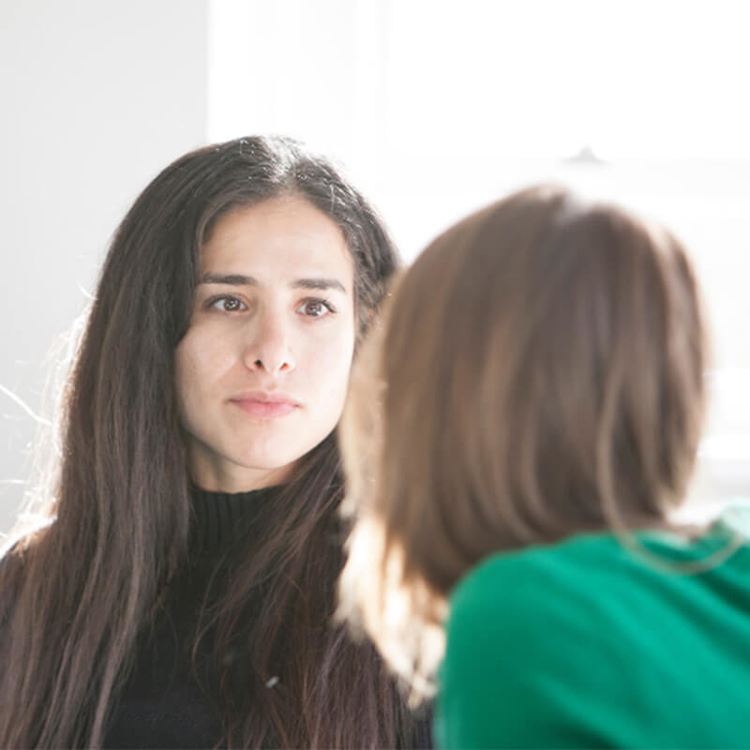
Placements
You will have the opportunity to work with a placements co-ordinator to find a suitable counselling/psychotherapy placement in which to gain the depth and range of experience necessary to become a competent practitioner. Information on over 500 different counselling placements is available.
Careers
Graduates can work in health and social services, voluntary organisations and the education in counselling field.
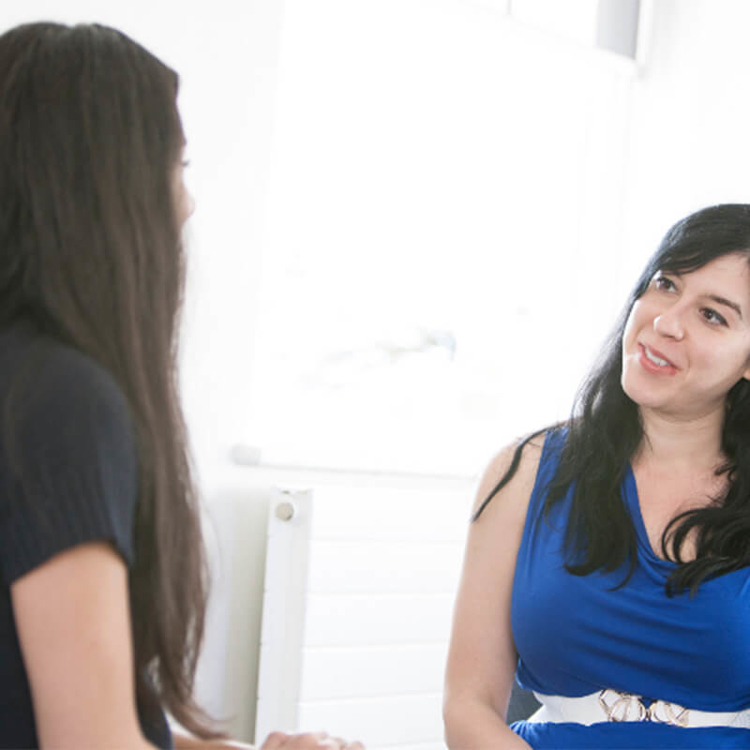
Open days
Get a real taste of our campus, community and what it’s like to study at Roehampton
Applying
UK postgraduate students apply through our direct application system.
Course subject to curriculum review and validation.
This course uses a gathered field approach to process applications. Find out more information on how we will process your application.
Application deadline: 12 February 2025.
Interview date(s): 26 March – 2 May 2025.
Specific entry requirements
- An undergraduate degree at grade 2.2 honours or above
- Evidence of enrolment on counselling skills certificate training (minimum Level 2) that has been completed, or will be completed, before entry on the programme.
- Evidence of experience of working in a helping role that uses basic counselling skills and requires active listening and the provision of emotional support with vulnerable adults (e.g. working for The Samaritans). This may be in either paid or voluntary employment and at minimum consist of working in this role part-time for six months prior to the start of the academic year.
Please note:
- The MA programme staff interview approximately once a month from February until August. As places are limited on this popular course, we advise you to apply as early as possible. Applicants should demonstrate their reflective capacity and commitment to their personal development.
Application deadline: Monday 12 February 2024
General entry requirements
September 2025 entry tuition fees (UK)
| Level of study | Part-time* |
| MA | £6,950 |
*Year 1 fee
We offer a wide range of scholarships and bursaries. See our financial support pages for UK students.
We also provide other ways to support the cost of living, including free buses and on-campus car parking, hardship support and some of the most affordable student accommodation and catering in London. Find out more about how we can support you.
Additional costs to consider
Personal Therapy
Students must complete 105 hours of personal therapy during training (35 hours per year). Therapy is mandatory and must be with an appropriately qualified and accredited professional. Costs vary, and some practitioners offer trainee rates. Applicants should research typical fees.
Clinical Supervision
Supervision is mandatory and usually provided by placements, though students may occasionally need to fund additional sessions. Costs vary, and some practitioners offer trainee rates.
DBS Check
Students must apply and pay for an enhanced Disclosure and Barring Service (DBS) check, even if previously completed. Subscription to the DBS Update Service is recommended to reduce costs.
Personal Indemnity Insurance
Students must take out personal indemnity insurance for the duration of placements. Costs vary depending on the provider.
Travel Costs
Students should budget for travel to campus, placements, supervision, and therapy. While local options may be available, this is not always guaranteed.
Books & Equipment
Students may need to buy books, recording devices, and an encrypted memory stick for clinical recordings. While the library provides an extensive lending service, some core texts may need to be purchased.
Professional Membership
Students are encouraged to become student members of the British Association for Counselling and Psychotherapy (BACP).
International postgraduate students apply through our direct application system.
Course subject to curriculum review and validation.
This course uses a gathered field approach to process applications. Find out more information on how we will process your application.
Application deadline: 12 February 2025.
Interview date(s): 26 March – 2 May 2025.
Specific entry requirements
- An undergraduate degree at grade 2.2 honours or above
- Evidence of enrolment on counselling skills certificate training (minimum Level 2) that has been completed, or will be completed, before entry on the programme.
- Evidence of experience of working in a helping role that uses basic counselling skills and requires active listening and the provision of emotional support with vulnerable adults (e.g. working for The Samaritans). This may be in either paid or voluntary employment and at minimum consist of working in this role part-time for six months prior to the start of the academic year.
Please note:
- The MA programme staff interview approximately once a month from February until August. As places are limited on this popular course, we advise you to apply as early as possible. Applicants should demonstrate their reflective capacity and commitment to their personal development.
Application deadline: Monday 12 February 2024
General entry requirements
September 2025 entry tuition fees (international)
| Level of study | Part-time* |
| MA | £13,950 |
*Year 1 fee
We offer a wide range of scholarships and bursaries. See our financial support pages for international students.
We also provide other ways to support the cost of living, including free buses and on-campus car parking, hardship support and some of the most affordable student accommodation and catering in London. Find out more about how we can support you.
Additional costs to consider
Personal Therapy
Students must complete 105 hours of personal therapy during training (35 hours per year). Therapy is mandatory and must be with an appropriately qualified and accredited professional. Costs vary, and some practitioners offer trainee rates. Applicants should research typical fees.
Clinical Supervision
Supervision is mandatory and usually provided by placements, though students may occasionally need to fund additional sessions. Costs vary, and some practitioners offer trainee rates.
DBS Check
Students must apply and pay for an enhanced Disclosure and Barring Service (DBS) check, even if previously completed. Subscription to the DBS Update Service is recommended to reduce costs.
Personal Indemnity Insurance
Students must take out personal indemnity insurance for the duration of placements. Costs vary depending on the provider.
Travel Costs
Students should budget for travel to campus, placements, supervision, and therapy. While local options may be available, this is not always guaranteed.
Books & Equipment
Students may need to buy books, recording devices, and an encrypted memory stick for clinical recordings. While the library provides an extensive lending service, some core texts may need to be purchased.
Professional Membership
Students are encouraged to become student members of the British Association for Counselling and Psychotherapy (BACP).



